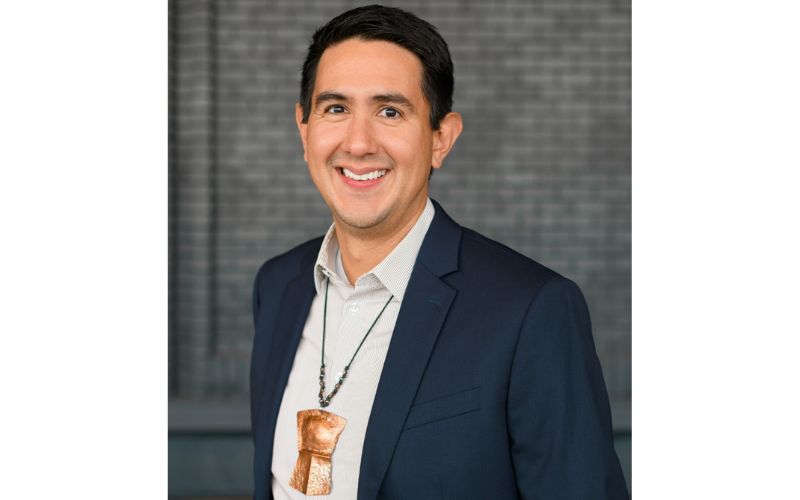
- Details
- By Native News Online Staff
Alaska Federation of Natives, the largest Indigenous organization in a state with nearly half of the country’s federally recognized tribes, has elected a new president.
Thirty-eight-year-old Benjamin Mallott, the son of the son of the late Lt. Gov. Byron Mallott, will step into the role in August, according to AFN. Mallott has been with AFN for more than a decade and currently serves as the organization’s Vice President of External Affairs.
Mallott will replace Julie Kitka, who announced her departure in February after leading AFN for 40 years.
AFN Board Co-Chair Joe Nelson said in a statement that the board conducted an extensive statewide search, but ultimately chose Mallott because of his “background in Alaska Native issues and state and federal public policy.”
Before serving as Vice President of External Affairs, he was AFN’s Director of Communications and Special Assistant to the President. He also has served as a Legislative Assistant to U.S. Senator Lisa Murkowski.
Senator Murkowski congratulated Mallot in a statement on X.
“During Ben’s tenure in my office in DC, he worked diligently to improve the livelihoods of Alaska Native communities across the state,” she wrote.
According to AFN, Mallott will begin his new role in August, to allow an overlap with Kitka through October.
"I am deeply honored to step into this role,” Mallott said in a statement. “I look forward to working closely with all our communities to advocate for a strong future together. I also want to extend my heartfelt thanks to outgoing President Julie Kitka for her outstanding leadership and dedication. I look forward to building upon the solid foundation she's laid over her decades of service to our communities."
The Alaska Federation of Natives’ membership includes 177 federally recognized tribes, 154 village corporations, 9 regional corporations, and 9 regional nonprofit and tribal consortiums that contract and compact to run federal and state programs. AFN is governed by a 38-member board.
More Stories Like This
Native News Weekly (August 25, 2024): D.C. BriefsUS Presidents in Their Own Words Concerning American Indians
Federal Judge Orders ICE to Halt Use of Pepper Spray, Arrests of Peaceful Protesters in Twin Cities
Tunica-Biloxi Cultural Leader John D. Barbry Walks On
Next on Native Bidaské: Federal ICE Activity in Minneapolis: Ruth Buffalo’s Perspective
Help us defend tribal sovereignty.
At Native News Online, our mission is rooted in telling the stories that strengthen sovereignty and uplift Indigenous voices — not just at year’s end, but every single day.
Because of your generosity last year, we were able to keep our reporters on the ground in tribal communities, at national gatherings and in the halls of Congress — covering the issues that matter most to Indian Country: sovereignty, culture, education, health and economic opportunity.
That support sustained us through a tough year in 2025. Now, as we look to the year ahead, we need your help right now to ensure warrior journalism remains strong — reporting that defends tribal sovereignty, amplifies Native truth, and holds power accountable.
 The stakes couldn't be higher. Your support keeps Native voices heard, Native stories told and Native sovereignty defended.
The stakes couldn't be higher. Your support keeps Native voices heard, Native stories told and Native sovereignty defended.
Stand with Warrior Journalism today.
Levi Rickert (Potawatomi), Editor & Publisher


